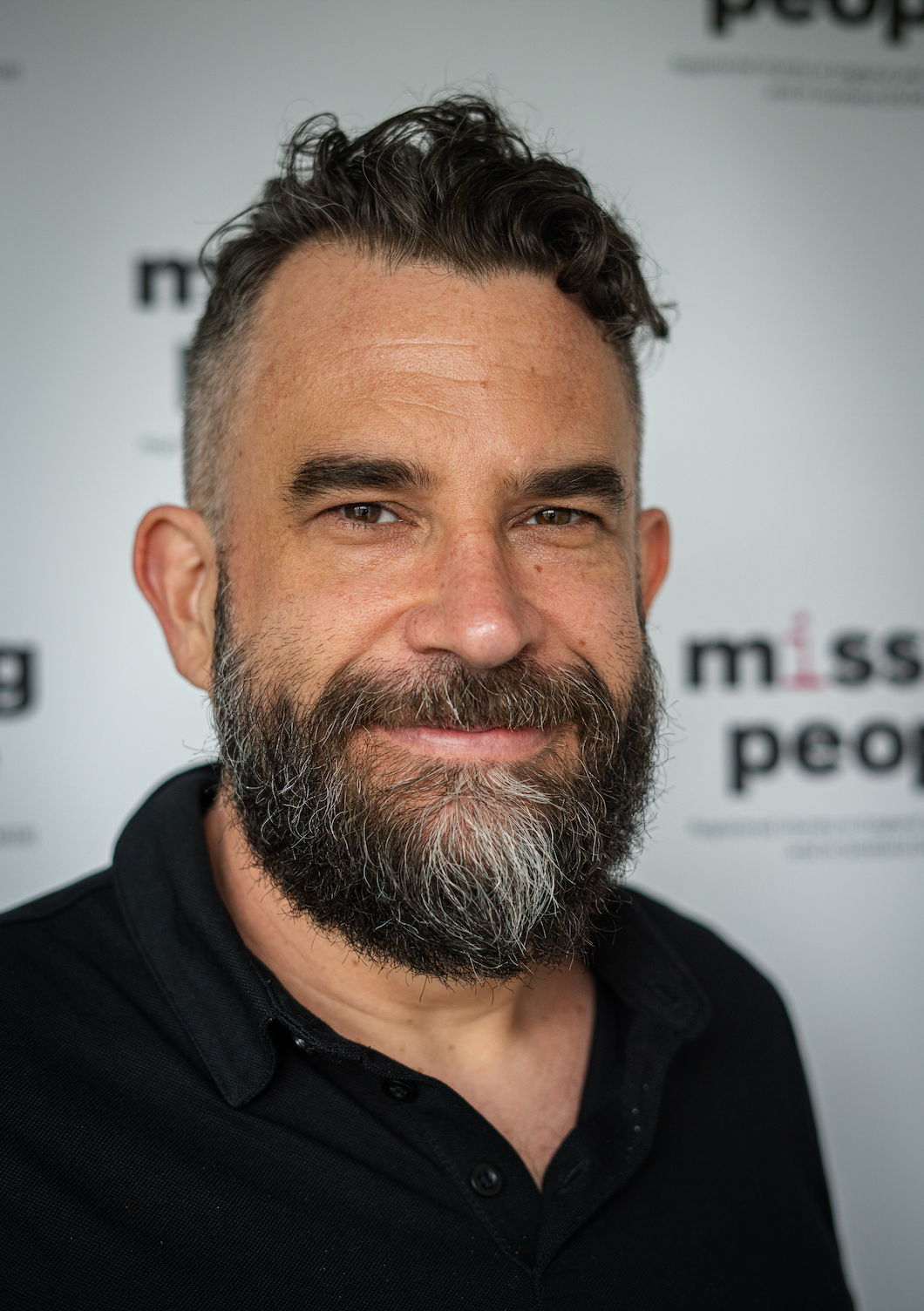
Every two and a half minutes, a child is reported missing in the UK. The reasons are complex, but the risks can be grave.
Myths about what to do when a child goes missing persist – and can delay crucial action at the moment it’s most needed.
The Independent and the charity Missing People are aiming to raise £165,000 to launch SafeCall, a free new service to help the 70,000 children reported missing each year find support and safety, no matter what.
Donate here or text SAFE to 70577 to give £10 to Missing People – enough for one child to get help.
Paul Joseph, head of helplines at Missing People, speaks to The Independent about the most common myths and misunderstandings around missing children – and what to do when it happens.
True: If you are missing, there is always somebody to talk to
If you’ve gone missing and don’t feel able to speak with your family, school or the police, organisations like Missing People can help. “Don’t feel like you’re on your own, because there are people you can talk to,” says Joseph. The charity can pass messages to family or police, or arrange a three-way call so you can speak safely and anonymously.

False: You have to wait 24 hours before reporting someone missing
You do not need to wait a full day to report a child missing – police will act immediately. The so-called “24-hour rule” is one of the most dangerous myths of all. If someone’s whereabouts are unknown, or you believe they are at risk, you should call the police straight away.
Parm Sandhu, a former Metropolitan Police chief superintendent, says that early intervention is critical. “The belief that you have to wait a day is one of the most damaging and dangerous myths,” she says. Around 80 per cent of missing children are found within 24 hours, but those early minutes can be decisive.
False: Missing children are safe if they choose to leave
Even when a child appears to have gone missing on their own, they may still be in danger. Many are affected by mental health struggles, unhappiness at home or in care, or exploitation.
“It’s important to look at why a child has disappeared,” says Sandhu. “No parent or guardian should feel responsible – it’s about being there to support that child through a difficult time.”
False: Going missing is a crime
Going missing is not a crime. The police and other professionals are there to find the child and bring them to safety, with their wellbeing always the priority.

False: You shouldn’t report a child missing if it might embarrass them
Sometimes people hesitate to report someone missing for fear of overreacting or causing embarrassment. “They don’t necessarily want everyone out looking for them if it causes unwanted attention,” explains Joseph.
But safety must come first – the child won’t be in trouble. Always report them missing.
True: A report must be filed with the police
Only the police can officially take a missing person report and start an investigation. Missing People can advise you on next steps, but if someone is missing, contact the police straight away.
False: You need to search before contacting the police
You do not need to carry out an extensive search before calling the police, and you should never put yourself at risk by doing so. Officers would rather be alerted early than too late.
False: If someone often disappears, they will be fine
There’s a danger that when children go missing repeatedly, their behaviour starts to seem routine. In 2023-24, nearly two-thirds of all missing episodes involving children were repeat incidents.
“People can start to assume that young people who have gone missing before, especially those in the care system, are just doing what they always do,” says Joseph. “But every time someone goes missing, they could still be at risk.”
Please donate now to The Independent and Missing People’s SafeCall campaign, which aims to raise £165,000 to create a free, nationwide service helping vulnerable children find safety and support.
For advice, support and options if you or someone you love goes missing, text or call the charity Missing People on 116 000. It’s free, confidential and non-judgemental. Or visit www.missingpeople.org.uk/get-help







